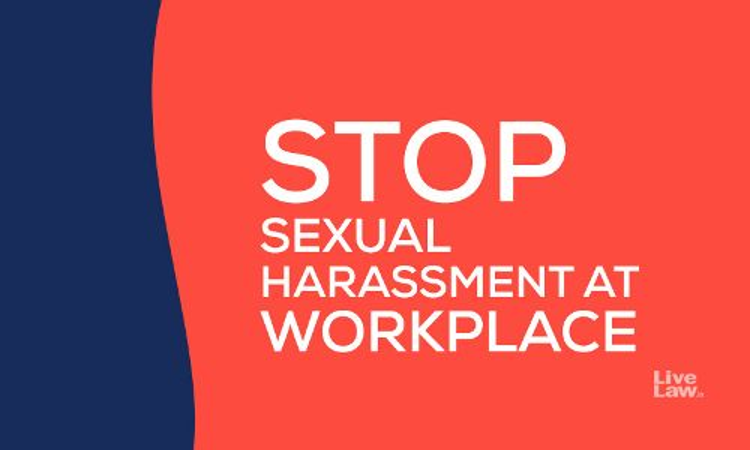- Home
- /
- Know the Law
- /
- Examining A Sexual Harassment...
Examining A Sexual Harassment Complaint
Kanti Mohan Rustagi
26 Sept 2021 7:02 PM IST
The foundation of freedom, justice and peace in the world roots from the recognition of inherent dignity and of the equal and inalienable rights of all the members of the human family. Women are thus entitled to human rights, including the right to live free from violence and discrimination. However, even after great strides made by the International women's rights movements over...
Tags
Sexual Harassment of Women at Workplace (Prevention Prohibition and Redressal) Act 2013Constitution of IndiaConvention on the Elimination of all Forms of Discrimination Against WomenPOSH ActSexual HarassmentInternal Complaints Committee (ICC)Vishaka v. State of RajasthanGender EqualityRight to life and liberty
Next Story



